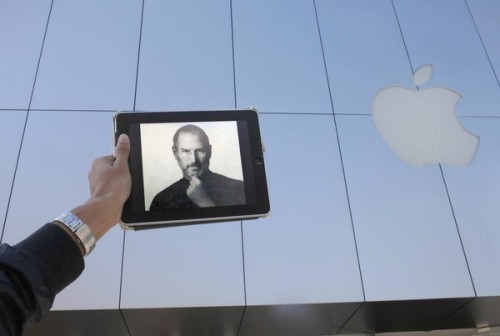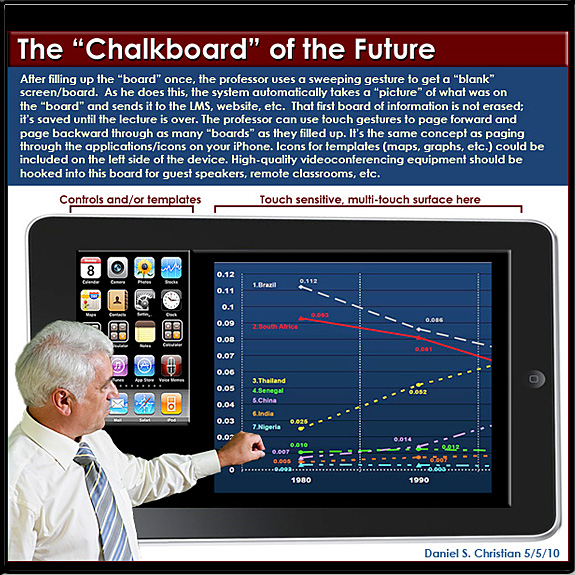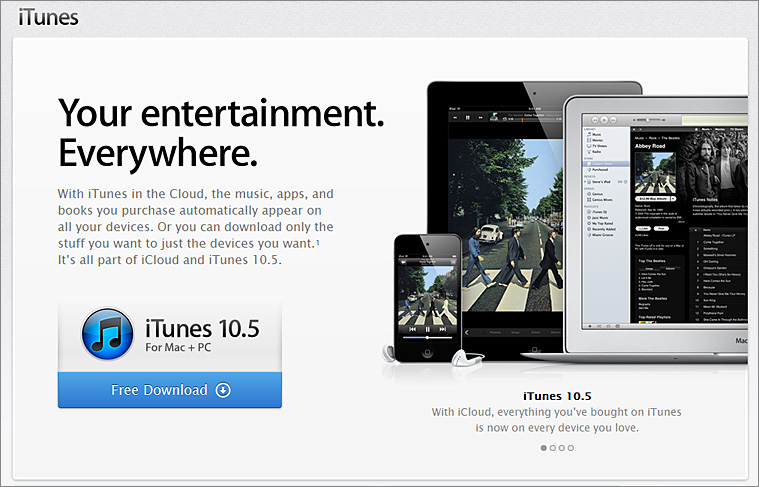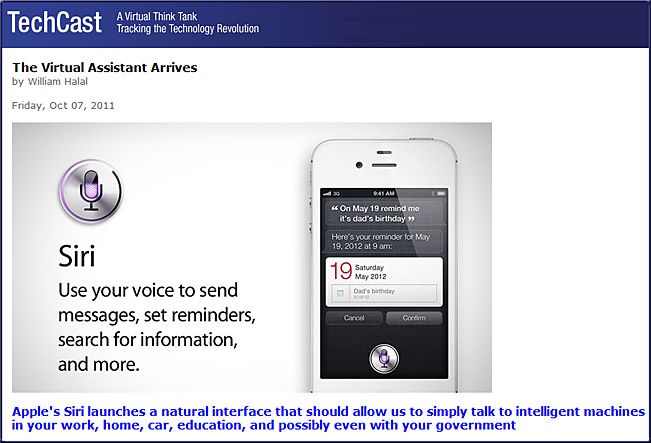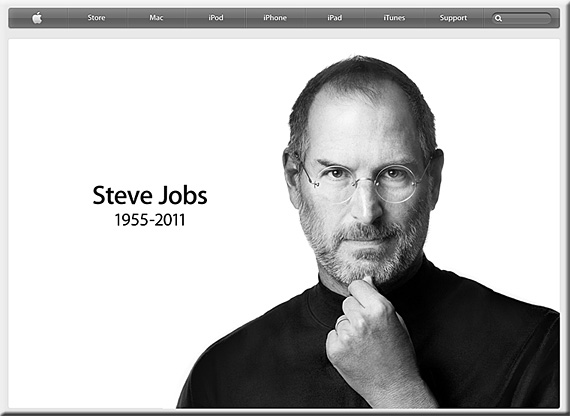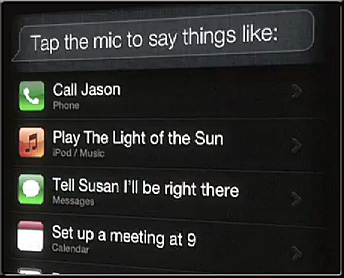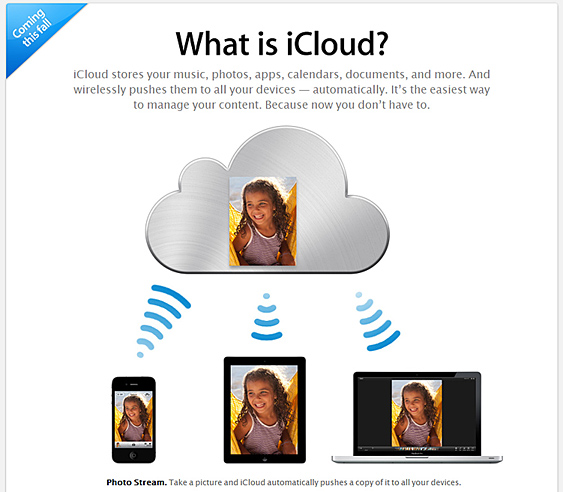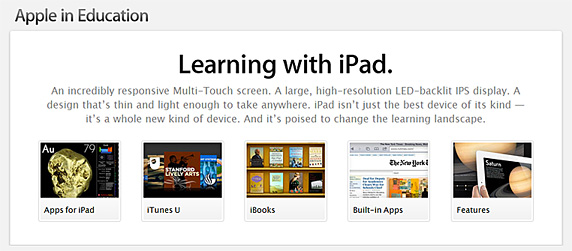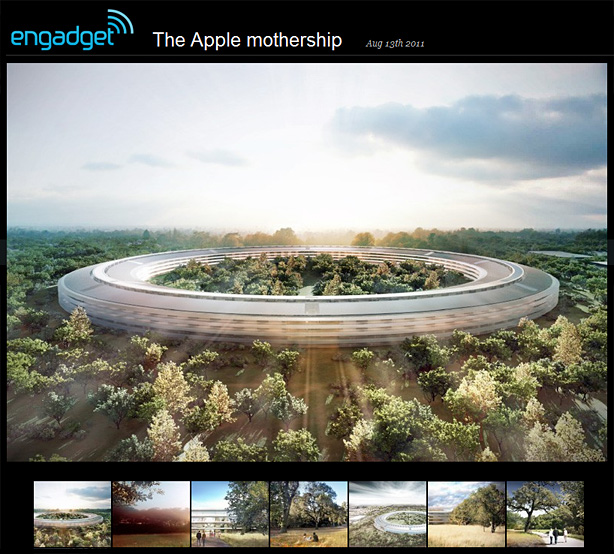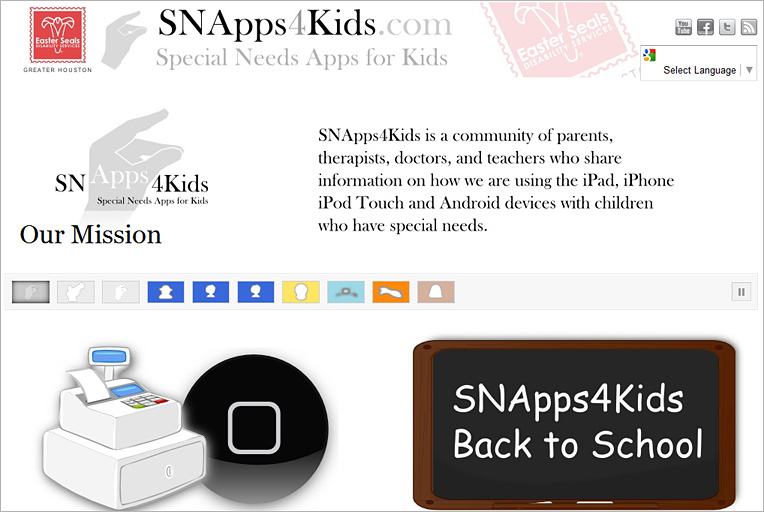Apple University will train executives to think like Steve Jobs — from good.is by Liz Dwyer
Excerpt:
If you want to honor Steve Jobs’ life by following in his entrepreneurial footsteps, forget heading to business school. The Los Angeles Times reports that an Apple team has been working on a top-secret project to create an executive training program called Apple University. The goal? To train people to think like Steve Jobs.
…
Apple refused to comment on the existence of Apple University, but the Times says that in 2008, Jobs “personally recruited” Joel Podolny, the dean of Yale Business School, to “help Apple internalize the thoughts of its visionary founder to prepare for the day when he’s not around anymore.” Apple analyst Tim Bajarin told the Times that, “it became pretty clear that Apple needed a set of educational materials so that Apple employees could learn to think and make decisions as if they were Steve Jobs.” Though the curriculum is still under wraps, Jobs himself oversaw the creation of the “university-caliber courses.” (emphasis DSC)
Also see:
Steve Jobs helped plan Apple University — an executive training program to help
Apple carry on without him. (Michael Robinson Chavez / Los Angeles Times / October 6, 2011)
From DSC:
If Apple were to choose to disrupt higher education, several other pieces of the puzzle have already been built and/or continue to be enhanced:
- Siri — a serious start towards the use of intelligent agents / intelligent tutoring
- An infrastructure to support 24x7x365 access and synchronization of content/assignments/files to a student’s various devices — via iCloud (available today via iTunes 10.5)
- iTunes U already has millions of downloads and contains content from some of the world’s top universities
- The internal expertise and teams to create incredibly-rich, interactive, multimedia-based, personalized, customized educational content
- Students — like employees in the workplace — are looking for information/training/learning on demand — when they need it and on whatever device they need it
- Apple — or other 3rd parties — could assist publishers in creating cloud-based apps (formerly called textbooks) to download to students’/professors’ devices as well as to the Chalkboards of the Future
- The iPad continues to be implemented in a variety of education settings, allowing for some seriously interactive, mobile-based learning
At the least, I might be losing a bit more sleep if I were heading up an MBA program or a business school…









